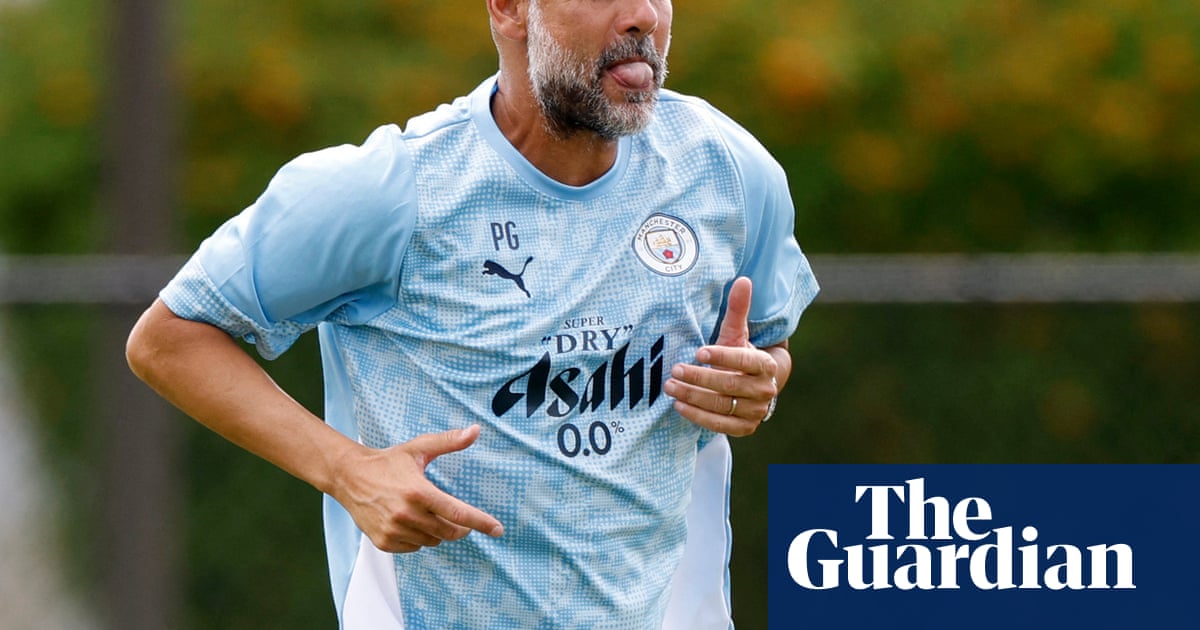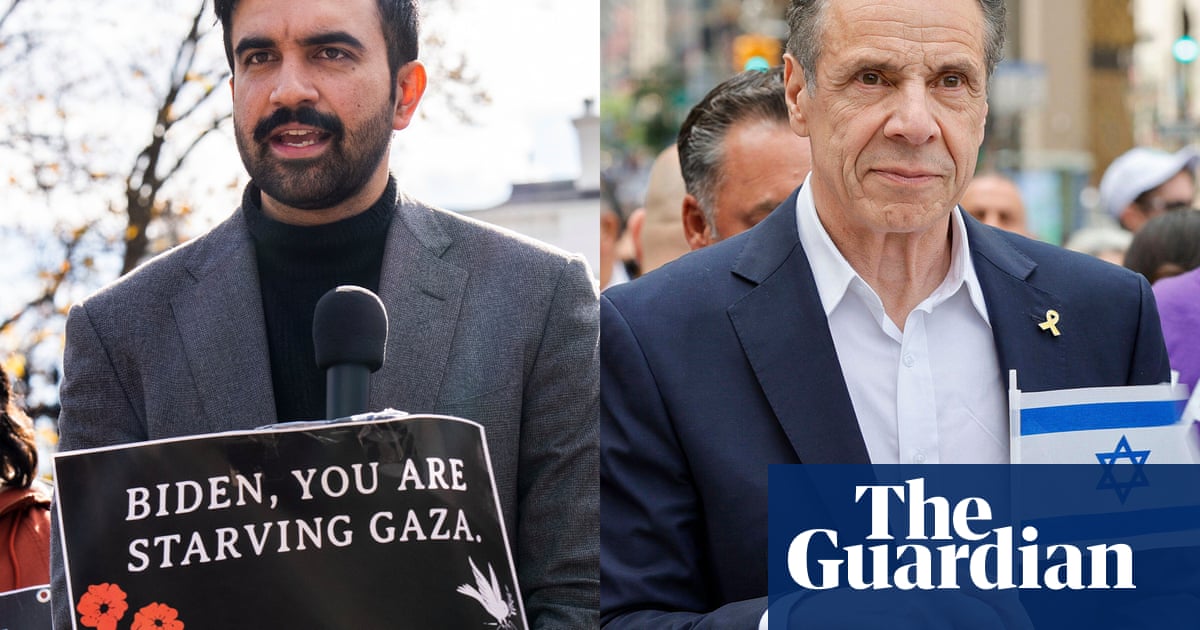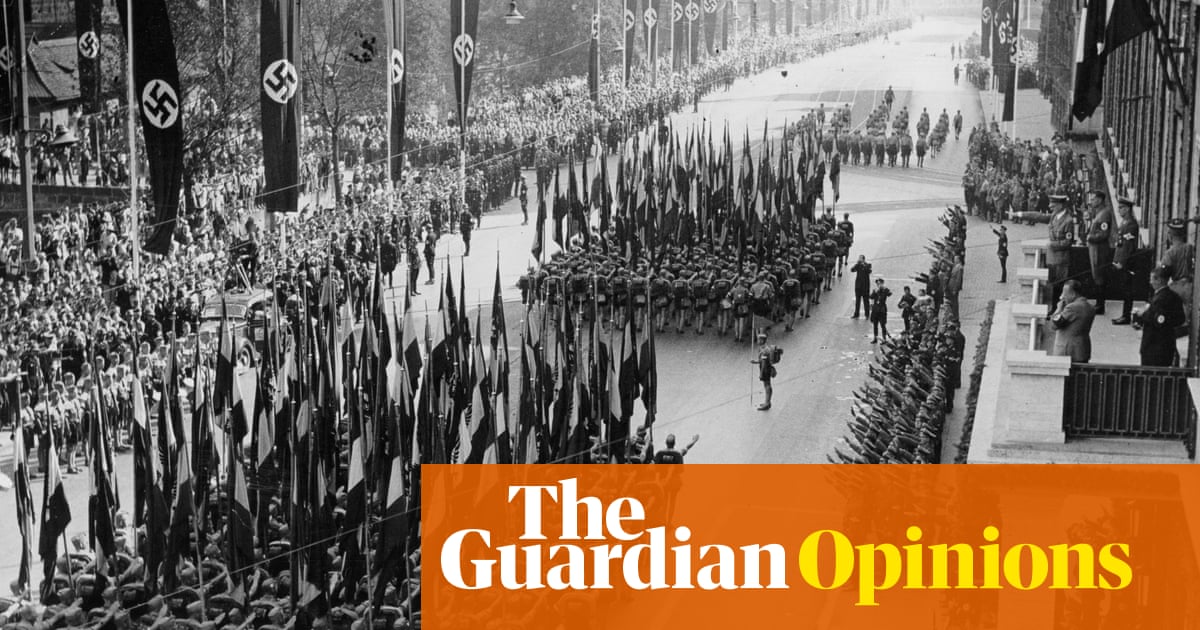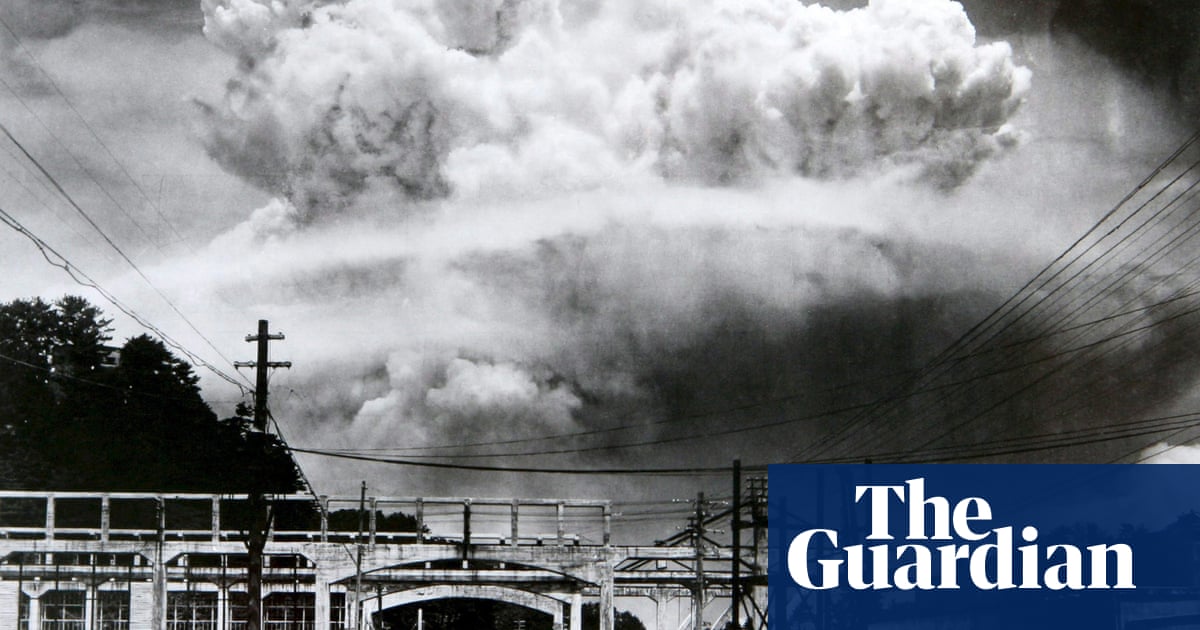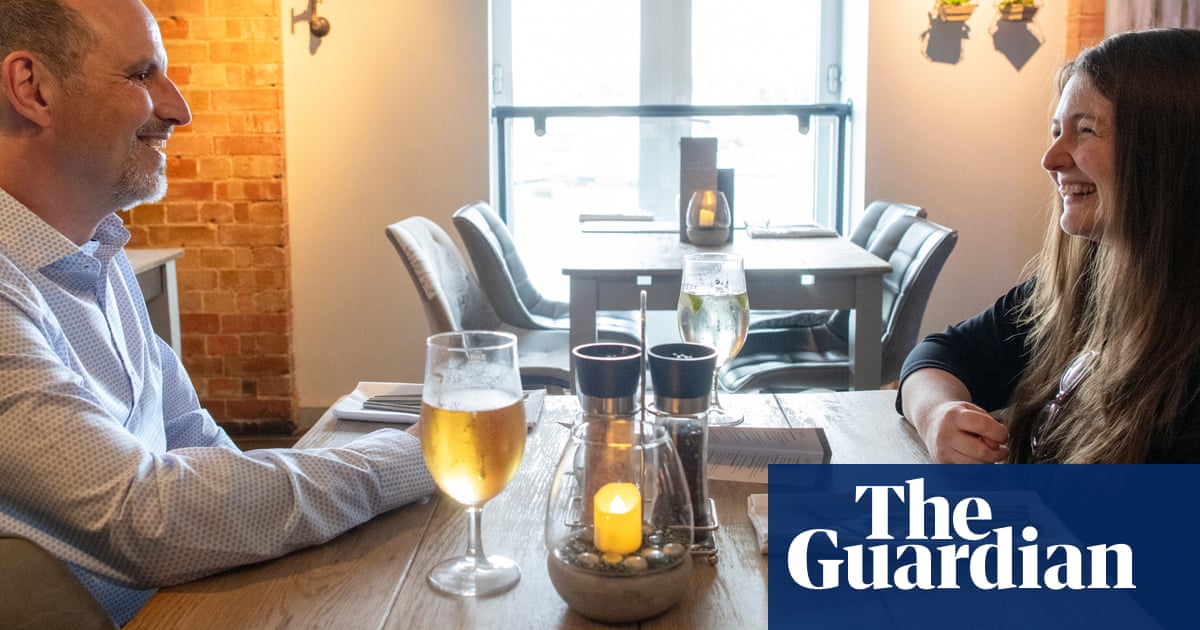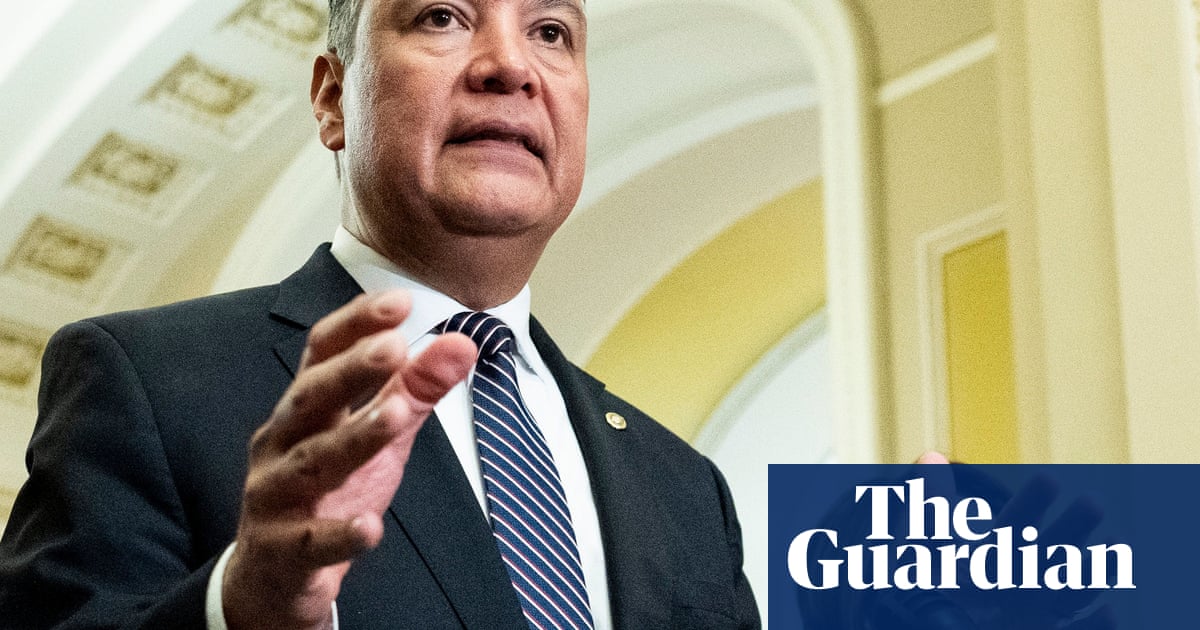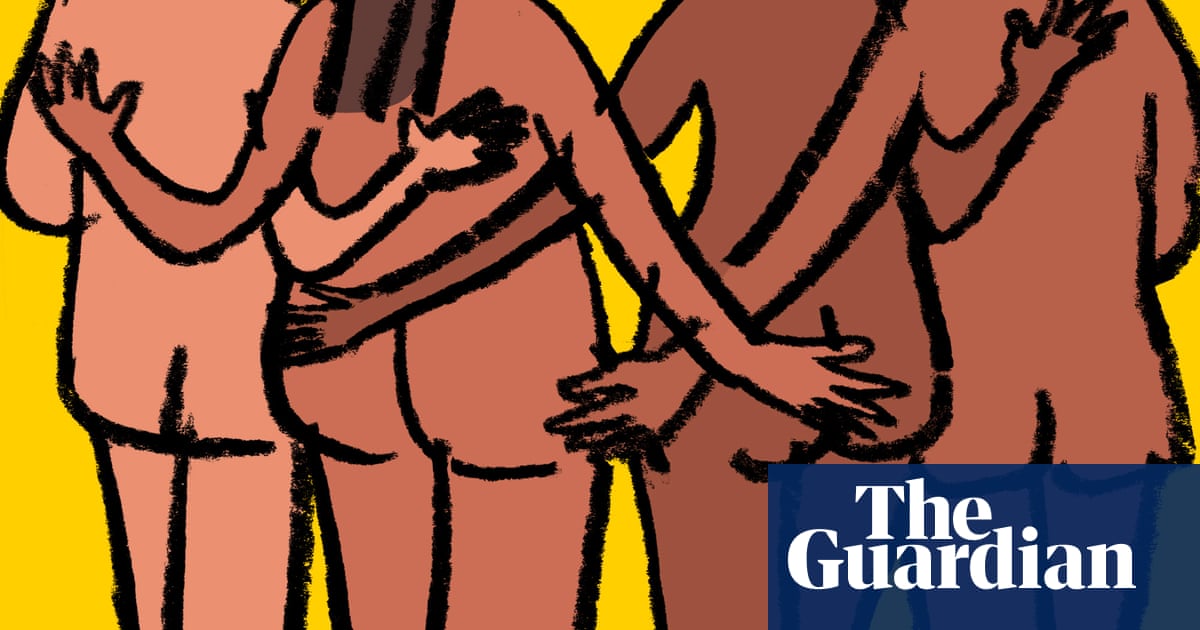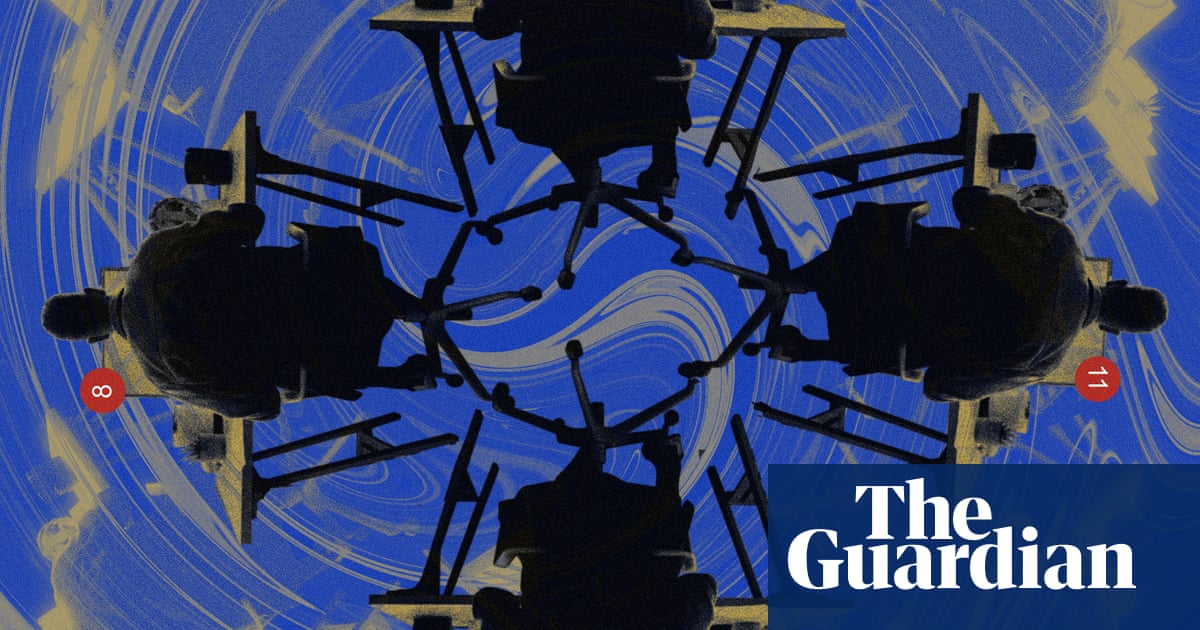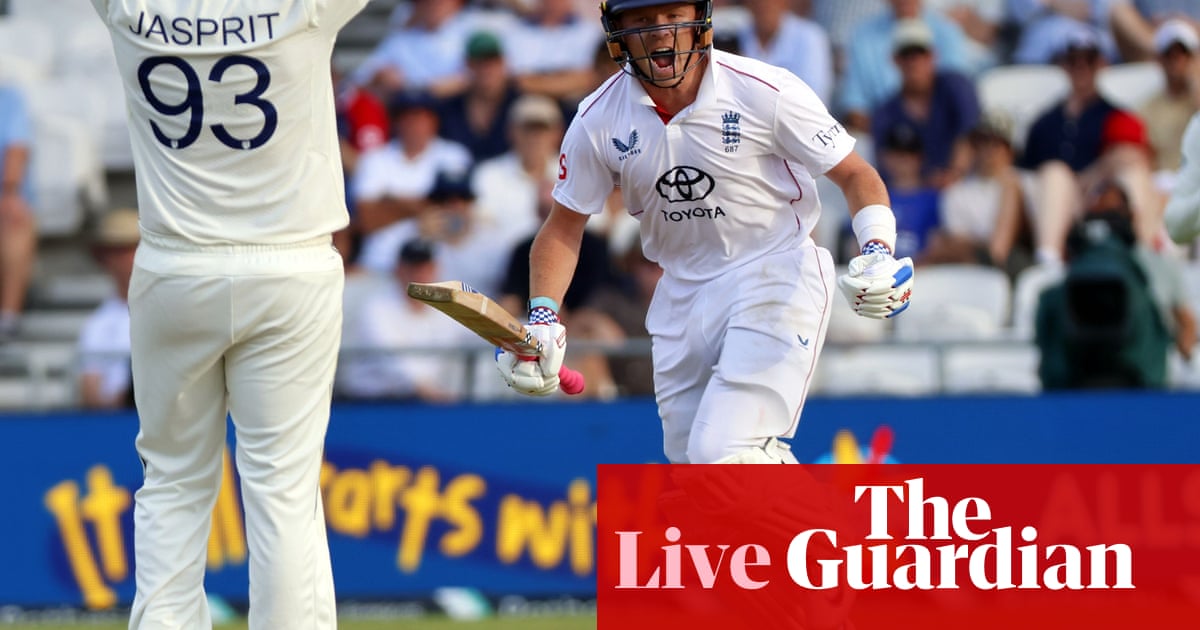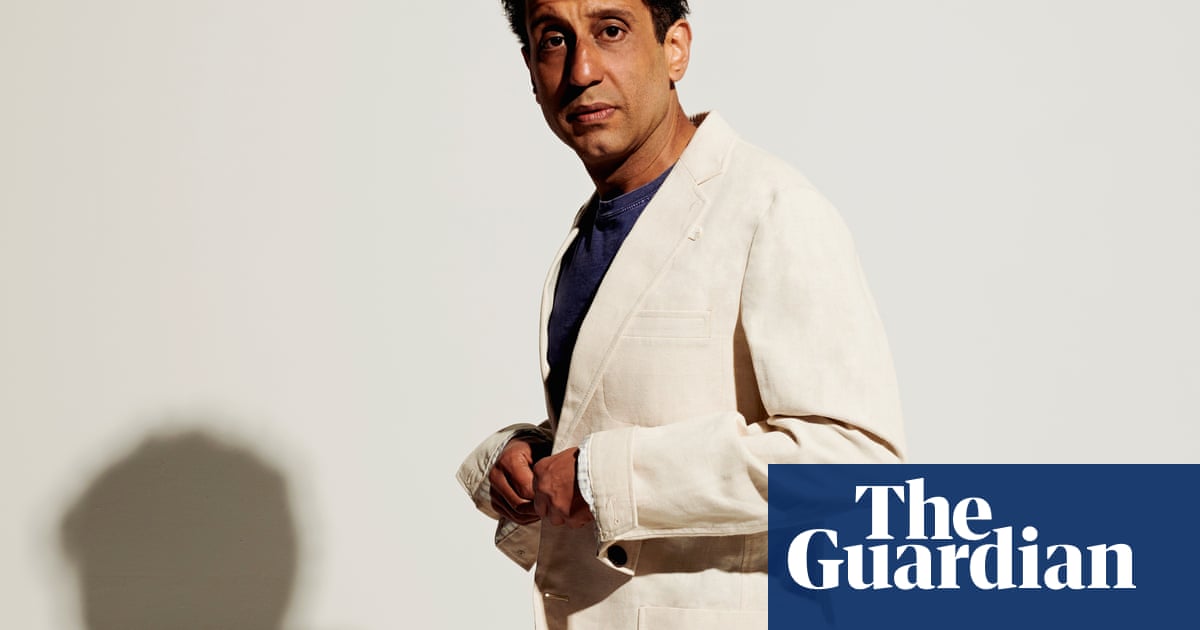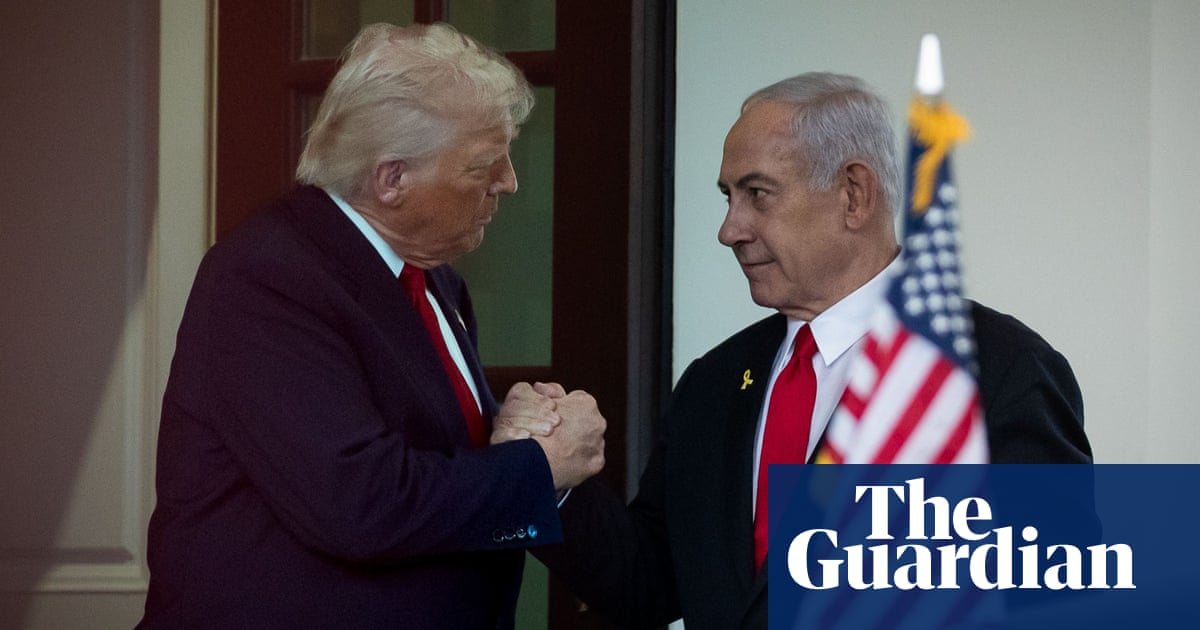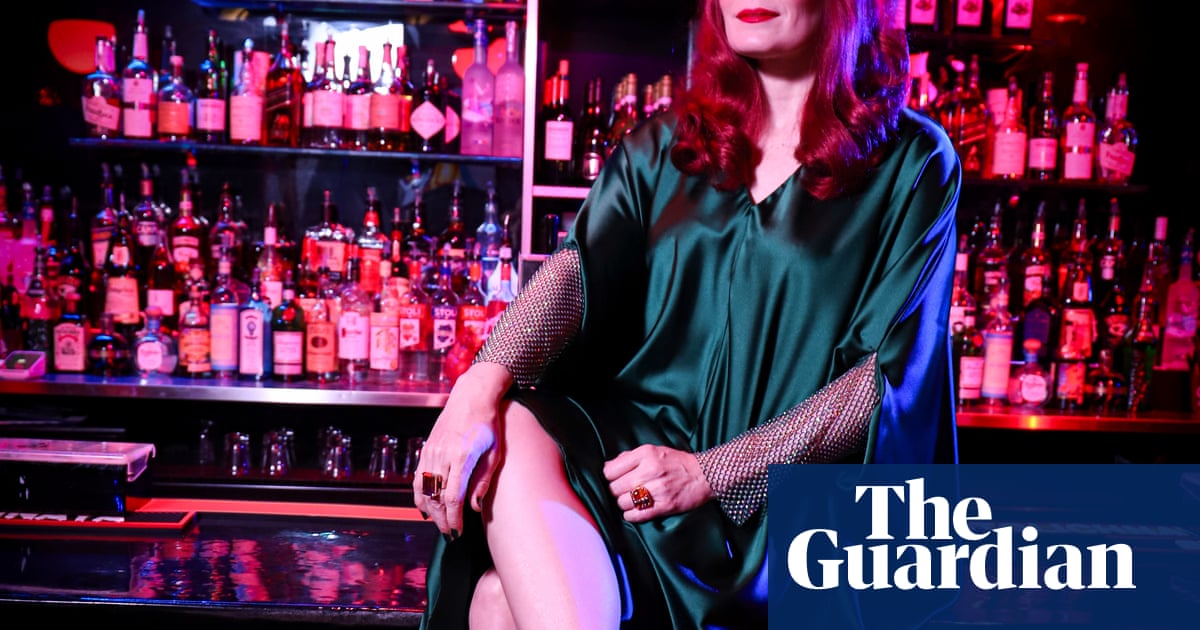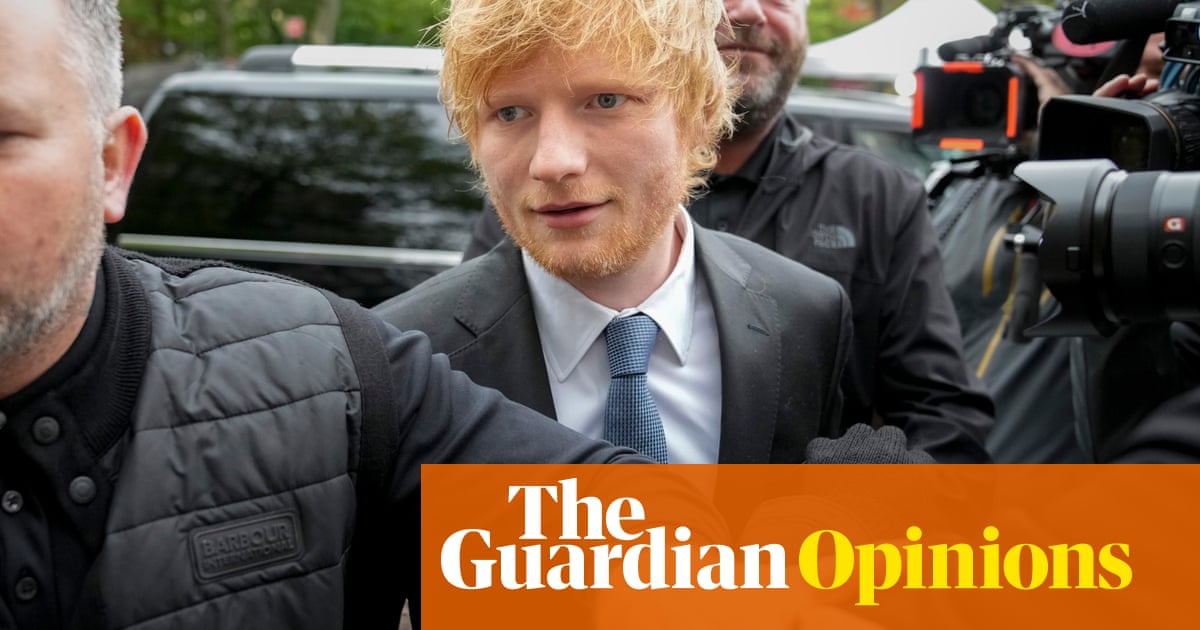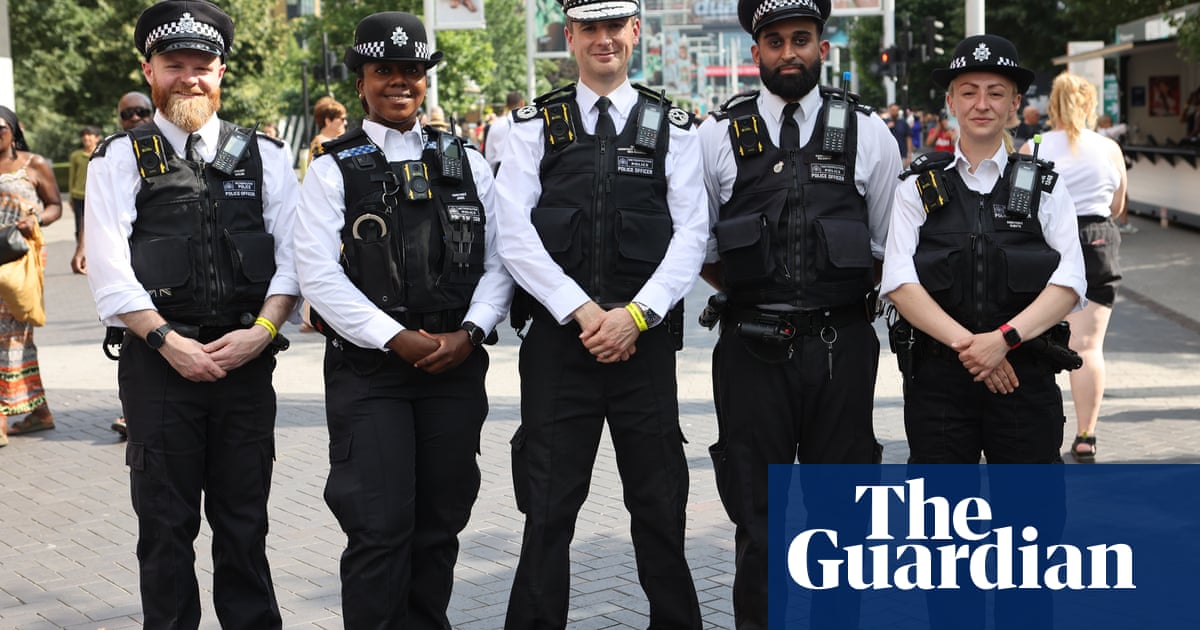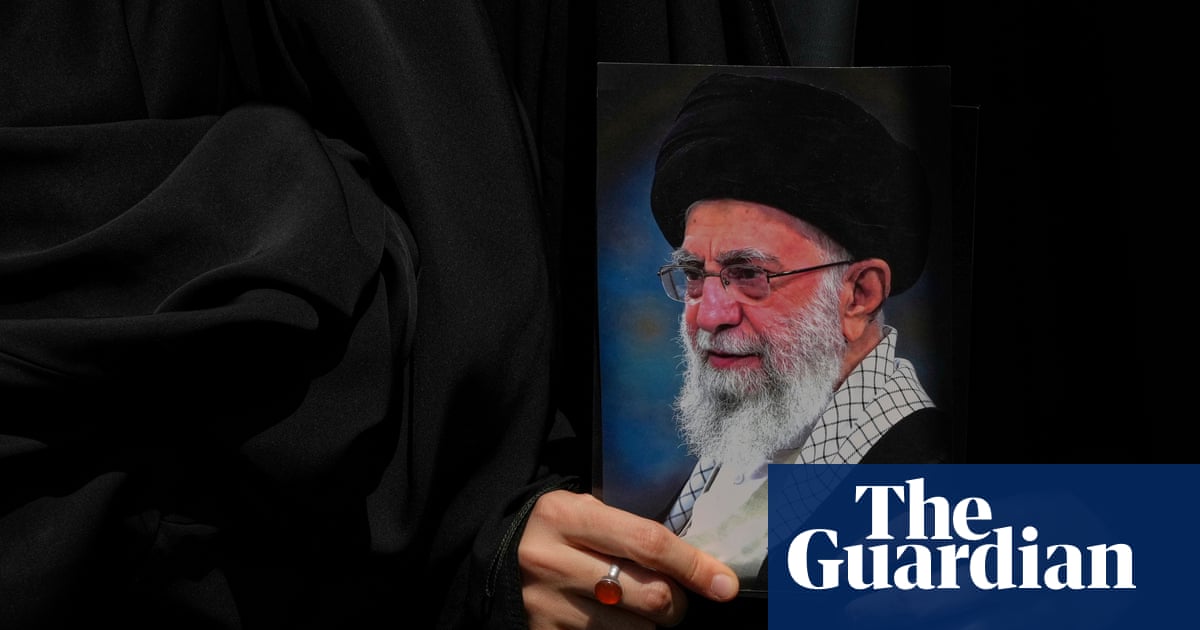Volodymyr Zelenskyy has said he hopes the current period of frantic diplomacy and high-stakes gambits between Russia and Ukraine will end with Donald Trump understanding that Vladimir Putin is the real obstacle to a peace deal.
“Trump needs to believe that Putin actually lies. And we should do our part. Sensibly approach this issue, to show that it’s not us that is slowing down the process,” said Zelenskyy, speaking to a small group of journalists, including the Guardian, in his office at the presidential administration in Kyiv.
Zelenskyy said he would travel to Turkey on Thursday whether or not Putin flew in for talks.
Zelenskyy said he had arranged to meet with the Turkish president, Recep Tayyip Erdoğan, in Ankara, but would be ready to fly to Istanbul at a moment’s notice if the Russian leader showed up. “If Putin does not arrive and plays games, it is the final point that he does not want to end the war,” he said on Tuesday.
Previously, after Putin used an unexpected late-night Kremlin address to call for direct Russia-Ukraine negotiations in Istanbul, Zelenskyy responded by saying he would be waiting for Putin personally in Turkey on Thursday.
Trump, who is on a visit to Saudi Arabia, appeared to float the idea of a three-way meeting with Putin and Zelenskyy, saying on Monday: “I believe the two leaders are going to be there. I was thinking about flying over.”
Zelenskyy said he was hoping Trump would indeed meet him in Turkey. “If Trump travels, it will push Putin also to travel,” he said. “Trump can really help. It’s the situation where the US being present can give important guarantees.”
Trump’s Ukraine envoy, Keith Kellogg, also suggested the potential for a three-way summit. “This could be a really great meeting … We hope that President Putin will also come, and then President Trump will be there,” he told Fox News. Kellogg, as well as the US secretary of state, Marco Rubio, and the envoy Steve Witkoff are also reportedly expected in Turkey.
However, there is little sign that Putin is prepared to travel. Although he has not directly ruled it out, comments from the Kremlin suggest Russia will instead send a lower-level negotiating team to Istanbul.
“Our delegation will be there and will wait for the Ukrainian side,” said Putin’s spokesperson, Dmitry Peskov, on Tuesday evening. The Russian deputy foreign minister, Sergei Ryabkov, said Russia wanted to use any talks to address the “root causes” of the conflict as Moscow sees them, including the “denazification” of Ukraine and the official incorporation into Russia of annexed territories – suggesting that the rhetoric of the two sides is still very far apart.
Zelenskyy said he believed that without a ceasefire agreed by the leaders, there was no point in beginning lower-level talks.
“I want you to understand why I would meet with Putin. We are not going to be able to agree on everything now. It’s impossible. We have different approaches to life, different worldviews. But we have to somehow find a way to end the war,” he said. If he and Putin could agree on a ceasefire, Zelenskyy said, then lower-level groups could meet to start hammering out details of the next steps.
He pointed to previous talks in Saudi Arabia, when the Americans acted as intermediaries between Russian and Ukrainian delegations, and a lasting full ceasefire could not be agreed. “Without signals from the leaders, or a meeting of the leaders, this format doesn’t work,” he said.
However, when pressed, he refused to rule out sending a lower-level delegation to Istanbul for talks. “I don’t know. I am being honest. Maybe the Americans, maybe someone will really want to launch this format again. I dont know,” he said.
The back-and-forth diplomacy began with a visit to Kyiv by the leaders of Britain, France, Germany and Poland on Saturday, timed symbolically to come just one day after a set-piece military parade in Moscow marking 80 years since the Soviet victory in the second world war. After speaking with Trump on the phone, the four European leaders laid down an ultimatum to Putin that he should sign up to a 30-day ceasefire by Monday or face further sanctions. Putin rejected the ultimatum, instead offering the Istanbul talks without a ceasefire.
In the event that nothing is agreed during whatever meetings take place in Turkey this week, the big question is whether the Europeans can bring Trump along with them in their plans to ratchet up the pressure on Moscow. Zelenskyy said he hoped that new sanctions would soon be on the agenda if Thursday’s meetings came to nothing.
“I believe that President Trump is not against imposing sanctions … and I believe that there is political will in Congress to vote for these sanctions. I believe the Americans are very close to imposing these sanctions,” he said. He added that consultations would take place in the coming days – “if you’ll allow me, I won’t say where or when” – in which Europeans would be briefed on upcoming US sanctions plans.
The Ukrainian president has been walking a diplomatic tightrope in recent weeks, as Kyiv tries to keep the Trump administration on side. After the disastrous White House meeting at the end of February, Zelenskyy appears to have had some success turning the relationship around, culminating in a positive meeting on the sidelines of Pope Francis’s funeral in the Vatican last month.
Asked what he had said to Trump to win him back over, Zelenskyy declined to answer: “I won’t tell you. I know the reasons; in my opinion, I know why we had such a good talk. But I can’t say, I just can’t.”
British and French officials have been speaking regularly with Ukrainian counterparts since the White House debacle and offering guidance on how to mend relations with the US administration.
Zelenskyy said the contact with European allies had been closer and more frequent than ever before, and that the French president, Emmanuel Macron, was one of “two or three” leaders whom he spoke with regularly by phone. “He has a very creative approach … He’s a risk-taker. And risk-takers can be different kinds of people, but they are all focused on results. They don’t put themselves above everything else,” Zelenskyy said.
After his visit to Turkey, Zelenskyy is expected to visit Albania for a meeting of European politicians on Friday, and then may travel to Rome, where he suggested he could attend the inaugural mass of the new pope, Leo XIV, after having a positive phone call with him earlier this week.
“I think it could happen on Sunday,” Zelenskyy said. “If it works out. We don’t know what this week will bring. We have come to the moment when we don’t know what will happen tomorrow.”

 1 month ago
53
1 month ago
53
